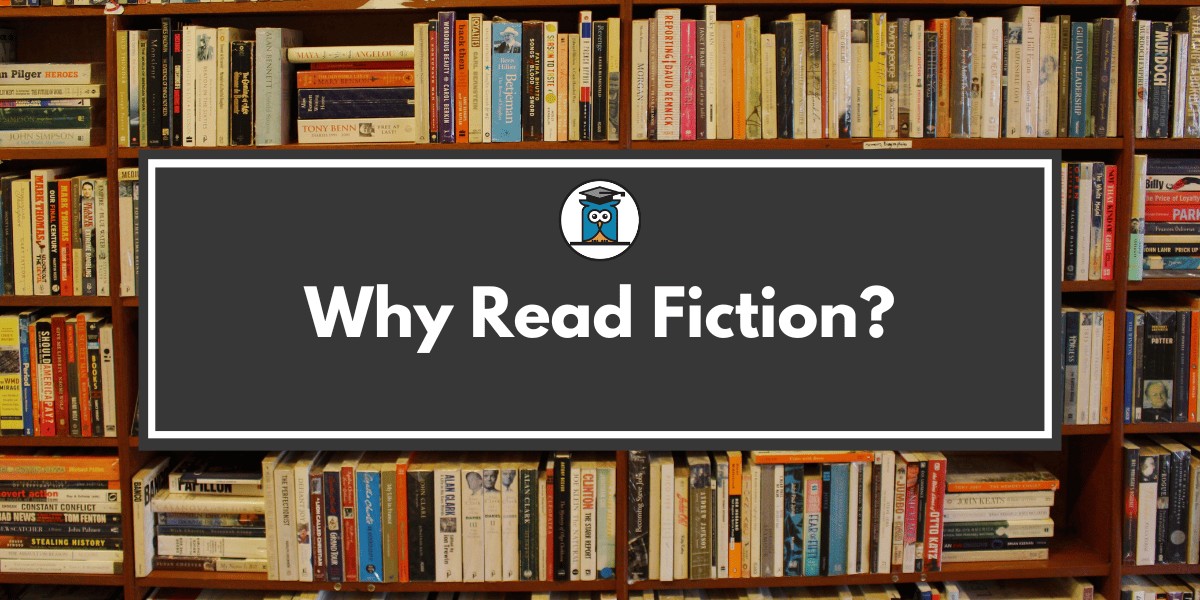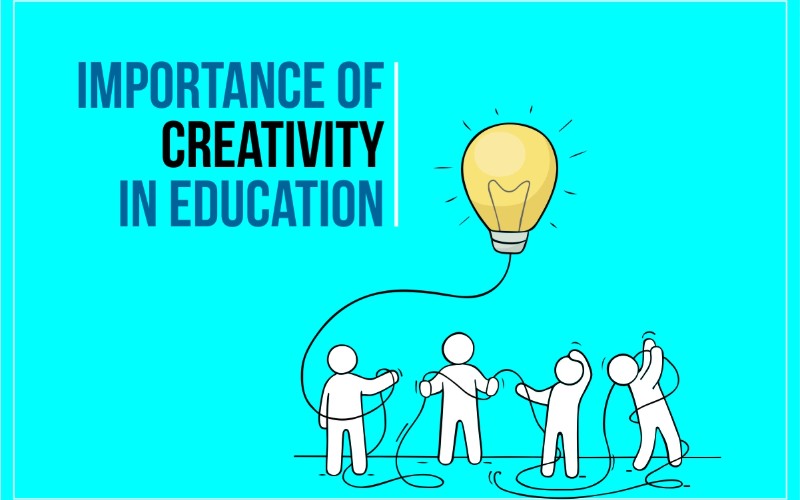In the world of academia, success is often measured by grades, test scores, and mastery of core subjects like math, science, and history. Yet, beneath these quantifiable achievements lies a less obvious but equally vital contributor to academic excellence: the habit of reading fiction. While fiction might not appear to be directly related to academic disciplines at first glance, its influence on cognitive and emotional development can have profound effects on a student’s overall academic performance. Exploring the benefits of reading fiction reveals how it nurtures skills and qualities that extend well beyond the boundaries of storytelling, ultimately fostering academic success in meaningful and surprising ways.
At its core, fiction invites readers into vivid, immersive worlds where characters face complex challenges, emotions run deep, and narratives unfold with nuance. This engagement stimulates the imagination and encourages empathy, two qualities that can greatly enrich a student’s approach to learning. Empathy, for instance, allows readers to understand perspectives different from their own, a skill crucial not only in social interactions but also in comprehending diverse viewpoints in subjects like literature, history, and social sciences. When students regularly read fiction, they practice stepping into others’ shoes, which sharpens their ability to analyze texts critically and appreciate the subtleties of argument and narrative structure.
Moreover, fiction reading enhances vocabulary and language skills in ways that traditional academic texts sometimes cannot. Encountering varied sentence structures, rich descriptions, and creative dialogue exposes students to a broad spectrum of language use. This exposure helps develop better reading comprehension, which is fundamental across all academic disciplines. For example, a student who enjoys reading novels by authors like Jane Austen or Toni Morrison is more likely to recognize nuanced meanings in complex passages, improving their ability to dissect challenging academic materials. This linguistic agility translates into clearer writing, more precise communication, and greater confidence in verbal and written expression—skills that teachers and professors consistently value.
In addition to expanding language abilities, fiction encourages critical thinking by presenting intricate plots, unreliable narrators, and moral dilemmas. Readers must piece together information, question motivations, and anticipate outcomes, exercises that mirror the analytical processes required in academic inquiry. When students engage with fiction, they develop the capacity to think beyond the surface, drawing connections and evaluating evidence—habits essential to success in research projects, essays, and exams. For instance, a psychology student analyzing human behavior may find that their experience with character development in fiction provides a richer context for understanding real-life complexities.
The imaginative nature of fiction also plays a significant role in boosting creativity, a quality that benefits problem-solving across academic fields. Creative thinking is often undervalued in traditional education, which tends to prioritize memorization and standard answers. However, students who regularly read fiction are exposed to diverse ideas and scenarios that challenge conventional thinking. This exposure encourages them to approach problems with originality and flexibility. Whether it’s devising a unique thesis statement or approaching a complex math problem from an unconventional angle, the creative muscle flexed through fiction reading can enhance academic performance in unexpected ways.
Furthermore, fiction reading supports emotional regulation and stress reduction, factors that indirectly contribute to academic success. The pressure of exams, deadlines, and competition can take a toll on students’ mental health, affecting concentration and motivation. Immersing oneself in a compelling story provides a healthy escape and a chance to relax, helping to lower anxiety and improve focus when returning to study tasks. In this sense, fiction acts as a form of cognitive rest and rejuvenation. For example, a student who spends time reading an engaging novel after a long day of classes may find that they return to their studies with a clearer mind and renewed energy.
Another often-overlooked advantage of fiction is its ability to teach social and cultural awareness. Many novels explore historical contexts, cultural conflicts, and ethical questions, providing readers with insights into the human experience across different societies and eras. This understanding is invaluable in a globalized academic environment where interdisciplinary knowledge and cultural sensitivity are increasingly important. Students who engage with diverse fiction are better equipped to navigate academic discussions that involve global perspectives and complex social dynamics.
It is also worth noting that reading fiction fosters perseverance and discipline—qualities that align closely with academic success. Unlike shorter texts or summaries, novels demand sustained attention and commitment. Developing the habit of reading entire books cultivates patience and the ability to work steadily toward a long-term goal. These traits naturally transfer to academic endeavors, where projects, theses, and study schedules require similar dedication.
Ultimately, the benefits of reading fiction for academic success stem from its holistic impact on the mind and character. It enhances cognitive skills like critical thinking and comprehension while nurturing emotional intelligence, creativity, and cultural awareness. These qualities combine to create students who are not only knowledgeable but also adaptable, insightful, and resilient. In a competitive educational landscape, where facts and figures alone rarely guarantee success, the subtle advantages gained from reading fiction can make all the difference.
Incorporating fiction into academic life does not mean abandoning textbooks or traditional study methods; rather, it means recognizing that storytelling and imagination are integral to human learning. When students embrace fiction as a valuable complement to their studies, they open the door to a richer, more nuanced educational experience. Through the pages of novels, they gain tools and perspectives that equip them not just to excel academically, but to thrive as thoughtful, well-rounded individuals in any field they choose to pursue.





